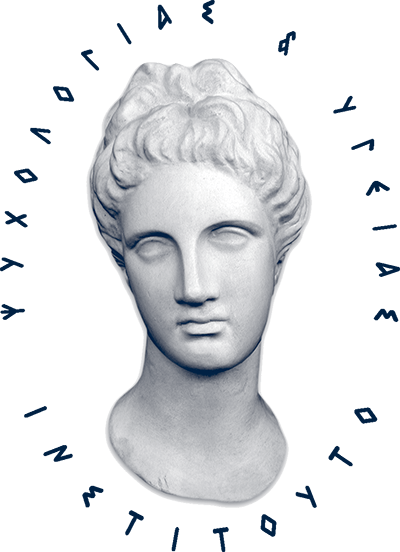Family unconscious: Archetypes, family secrets and a child’s ‘destiny’
In this workshop we will investigate the legacy of the family to its offspring. Not only talents but also traumas, secrets and unresolved conflicts passed down from one generation to the next.
These unresolved issues play a significant role in the formation of current family relations and the « destiny» of each individual family member.
Specifically we will examine:
- The archetypes emerging from the father and mother imagos
- The archetype of the black sheep and the scapegoat
- Incestuous themes in the family
- Motifs regarding jealousy, envy and death wishes aimed at the child
- Ways to deal with unresolved issues in our own family
Several clinical vignettes will be presented and you can bring your own cases for discussion.










